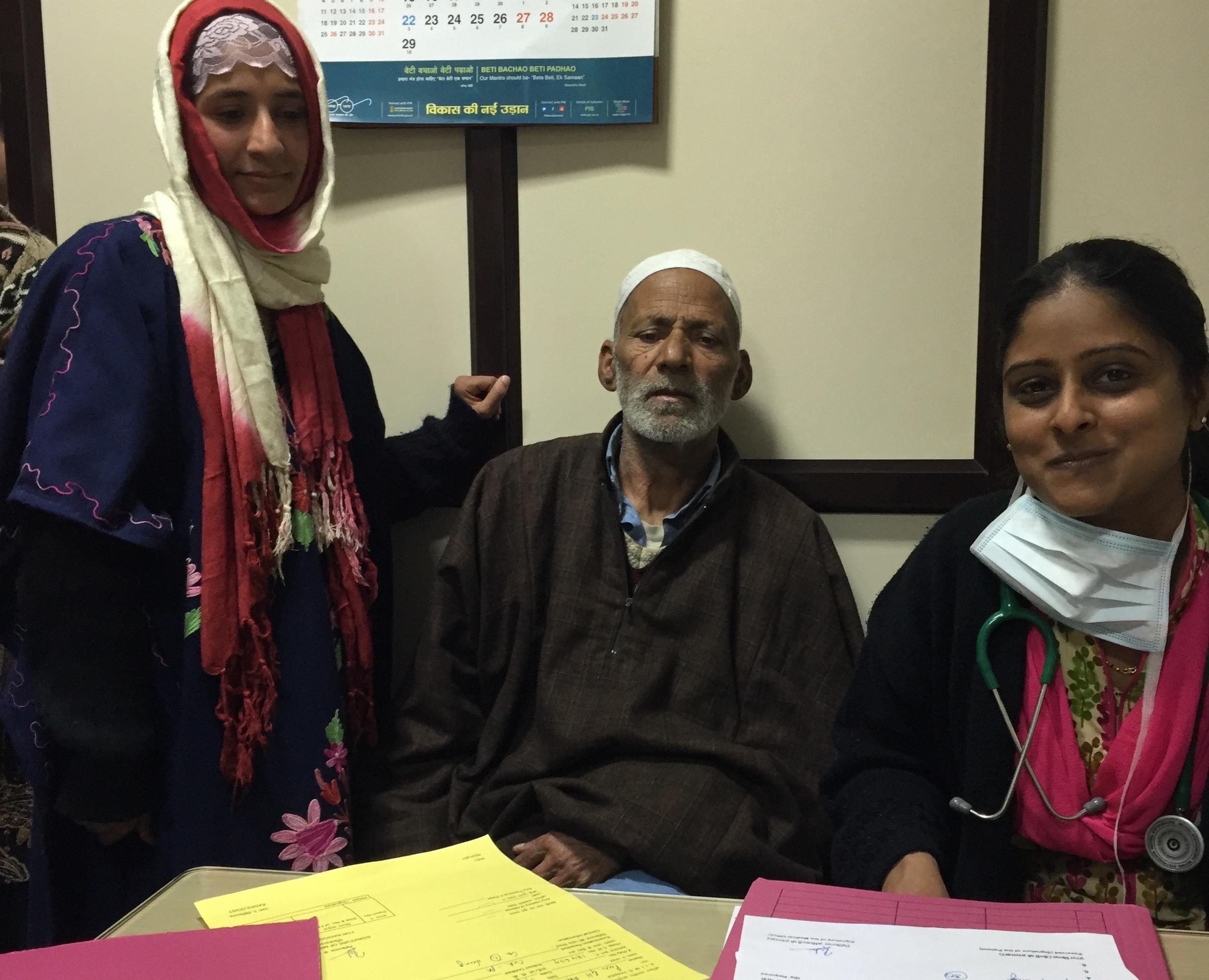Journal watch

Communication with relatives and collusion in Palliative Care
Santosh K Chaturvedi, Carmen G Loiselle, Prabha S Chandra
Indian Journal of Palliative Care 2009; 15: 2-9
In this perspective article, the authors discuss the challenge faced by clinicians when attempting to handling collusion among patients and family members. This is a universal phenomenon around the world and commonly occurs when issues of illness recurrence, deterioration or a change to a palliative approach are considered.
Of particular interest in this article was the attention given to:
“…the ‘recovery plot’ ‘that patients and relatives may follow to spare each other distress and anguish. In addition, they often encourage healthcare providers to rely on this approach as well. The ‘recovery plot’ involves focusing mainly on treatment and recovery issues and not addressing prognosis, long-term disability, distressing symptoms and possibility of relapse, recurrence, and death. The recovery plot may involve the relatives but often physicians focus mainly on treatment issues – what is referred to as ‘medical activism’….In the thick of this plot, treating doctors may find themselves being willing allies or they may feel helpless in deconstructing this conspiracy of ‘excessive treatment noise’ and the ‘silence of prognosis and long-term issues’.”
The authors highlight the potential for collusion to be associated with regret:
“…studies conducted within the Western world consistently describe regret among family members about not having been open with the patient. Recovery stories and optimism sustained by relatives appear helpful in the initial phases of the illness trajectory, but are found to be painful when it becomes clear that this optimism was based on illusions (i.e., false and unrealistic hope as opposed to realistic hope).’
Please open the link below for the full article:
